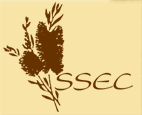 • Tourism
• Tourism
• Camping
• Cliff Dwellers
• The Reserve
• Cricket
• NPWS
• Field Studies Centre
|
Squatters and Campers |
Golden Years of the Reserve
Kurnell's camping heydays were undoubtedly during the 1940s and 1950s prior to the construction of the road. Lee Jones tells of her first glimpse of Kurnell: "As we came across by ferry it was a glimpse of heaven, all lush and green. I fell in love with it! During the school holidays the women and kids stayed in the camps, the men came over on weekends with food. The camps were very comfortable; we had a kero stove, pressure lamps and a tin bath we filled with water we heated in a four-gallon drum on the primus. |
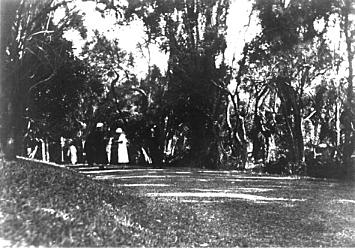 |
"The park was a really close community of its own. The campers would all look after each other. We used to have entertainment nights in the camp, some would sing or tell stories making pots of tea, and coffee and toast and often the men would talk about their days on the track during the Depression. There were about 30 permanent camps, some of them on the flat where the flagpole is. |
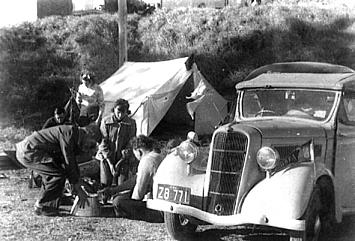 |
"On the Saturday night, on Latta's bus, we used to go in to Cronulla to the pictures and we'd be stuck in the sandhills two or three times and it'd be all outeverybody out and push the bus out. There was no road out to Kurnell, only a track that sometimes disappeared under the moving sandhills. When the winds were really bad we were cut off completely from Cronulla and also if the seas were very rough we couldn't get over to La Perouse to go home. |
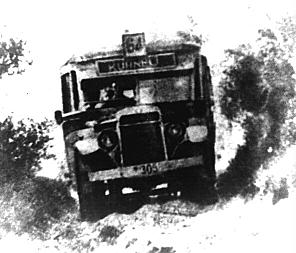 |
"Fieldings were the caretakers in the park. You placed your order during the week and they brought it in. The little shop was at the back of Alpha House in the park. The Field Study Centre was later built as the park shop and tea-room. Betty Fielding would bake HOT Scones for Devonshire teas with jam and fresh cream." |
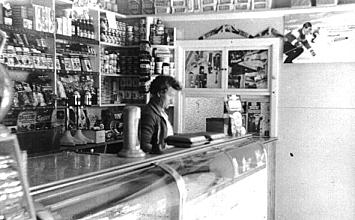 |
"At Christmas the park would be booked out by many of the factories and businesses for day picnics and there would be people everywhere. It was a very popular spot."
When the Reserve came under the provision of the NPWS Act in 1967, permissive occupancy and camping permits were rescinded and large picnics were banned. |
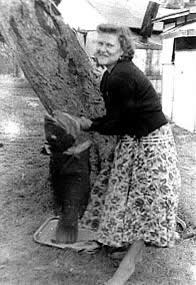 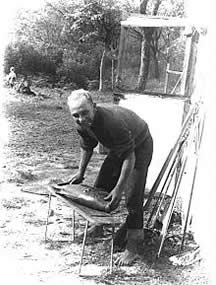
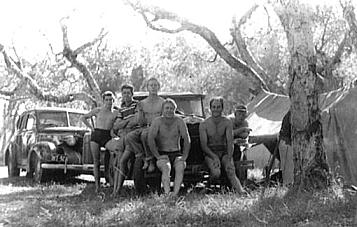
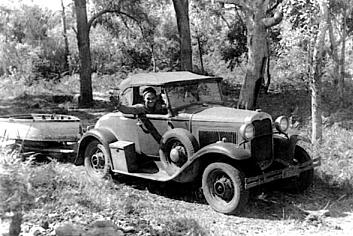 |
| top of page |
|
| |
|
